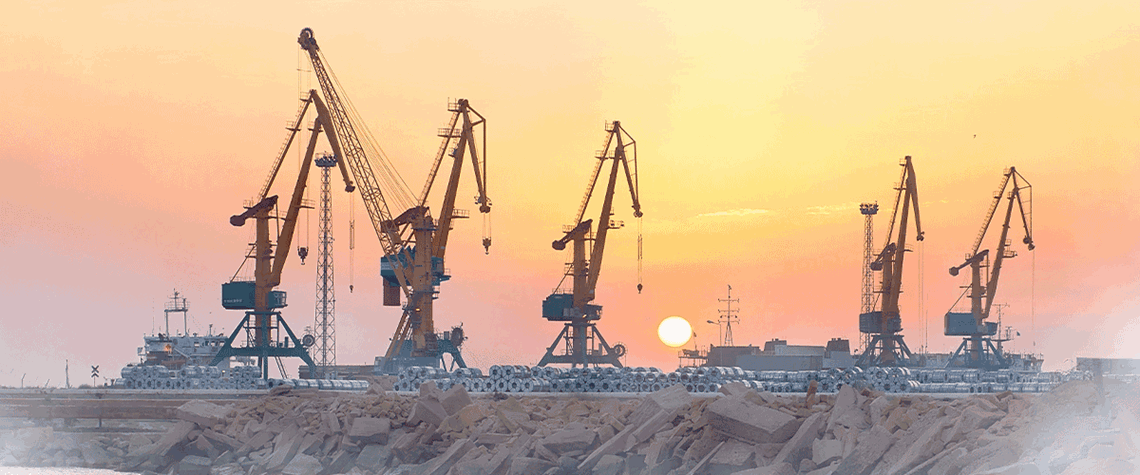Political will a key driver for Central Asia hydrogen
While the region is seeing new interest from Middle Eastern and European developers, a lack of midstream infrastructure and uncertainty around local demand could be a hurdle for large-scale projects
Future hydrogen development in Central Asia will depend on political ambition to decarbonise and could face offtake and export hurdles, warns Yury Melnikov, independent analyst and member of the UN Economic Commission for Europe’s task force on hydrogen, drawing on the results of an open study due to be published in Geneva in the coming weeks. While the region is emerging as a new source of oil and pipeline gas to Europe in the wake of the Russia-Ukraine war, unlocking vast hydrogen potential is lagging some way behind. Uzbekistan and Kazakhstan present the most likely centres of Central Asian hydrogen production, owing to an abundance of energy resources—natural gas, wind and solar—and poli

Also in this section
4 March 2026
Turmoil in Middle East reminds nascent clean hydrogen sector that its future prospects are dependent on global energy markets and geopolitics
25 February 2026
Low-carbon hydrogen and ammonia development is advancing much more slowly and unevenly than once expected, with high costs and policy uncertainty thinning investment. Meanwhile, surging energy demand is reinforcing the role of natural gas and LNG as the backbone of the global energy system, panellists at LNG2026 said
18 February 2026
Norwegian energy company has dropped a major hydrogen project and paused its CCS expansion plans as demand fails to materialise
4 February 2026
Europe’s largest electrolyser manufacturers are losing patience with policymakers as sluggish growth in the green hydrogen sector undermines their decision to expand production capacity







